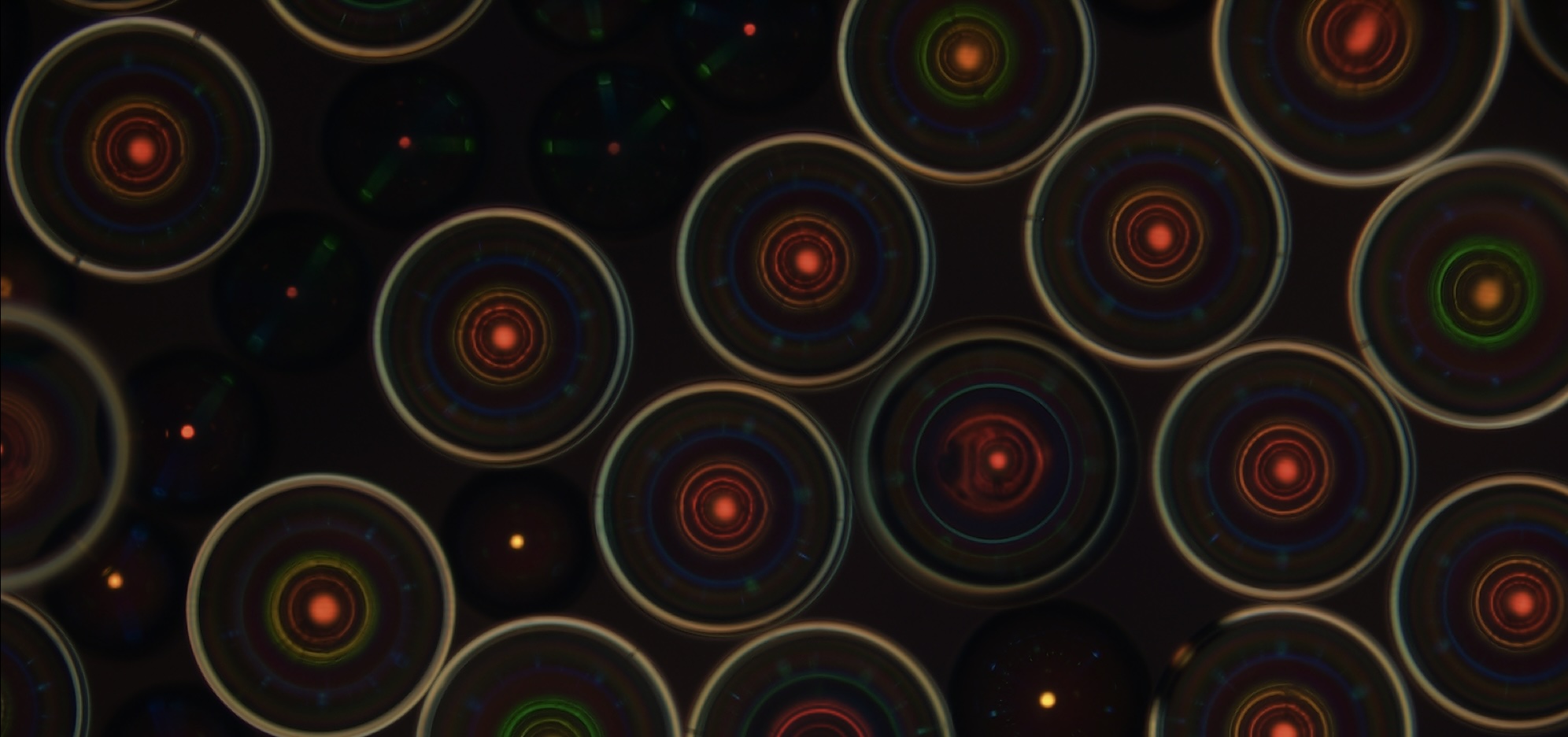



Today everything is being counterfeited: sneakers, baby food, alcoholic drinks, vaccines, memory cards, batteries, mechanical components, conduits for high-pressure gas, … No industry is unaffected by the problem. The OECD estimated that the value of counterfeit and pirated products entering the EU during 2019 was €119 billion (US$ 134 billion), representing up to 5.8% of EU imports. On the global scale, the international trade in counterfeit and pirated products that year was estimated at US$ 464 billion, or 2.5% of world trade. Much due to the rapid advances in additive manufacturing, many fake products are now so similar to the original that even the brand owners' specialists have difficulties telling the original apart from the copy. Yet the quality can be dramatically different, leading to very different outcomes when used. Interpol estimates the annual death toll from counterfeit pharmaceuticals at 1 million people, either from damage incurred by the counterfeit drug or from its lack of efficacy in fighting the disease the consumer hoped to cure with it. Batteries catch fire, chemical plants have accidents killing workers, planes have gone down due to counterfeit computer chips, and data are lost due to faulty storage media.

The problem does not end at counterfeiting, however. Lack of traceability in a general sense adds to the severity. Several cases of collapses of built environment (bridges, buildings, ...) due to substandard components being used during construction, or airplanes going down due to relabelled electronic components have been confirmed, showing how the replacement of expensive materials by cheaper ones by dishonest actors in supply chains can have disastrous consequences. Legitimately produced apparel items that are rejected by the producers' quality control team appear on the grey market. Foods and drinks sold at high price to consumers with strong environmental and ethical pathos because they are labelled organic and ethically produced may have the exact same unsustainable origin as the cheaper product without the label. Such fraud drains trust, feeds cynism and renders business more difficult for honest providers, in addition to the heavy economic and sometimes health consequences. For individual business, the damage to the brand reputation can be considerable.
